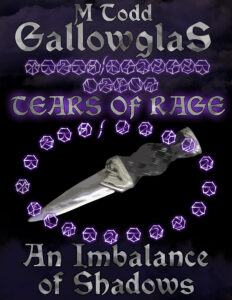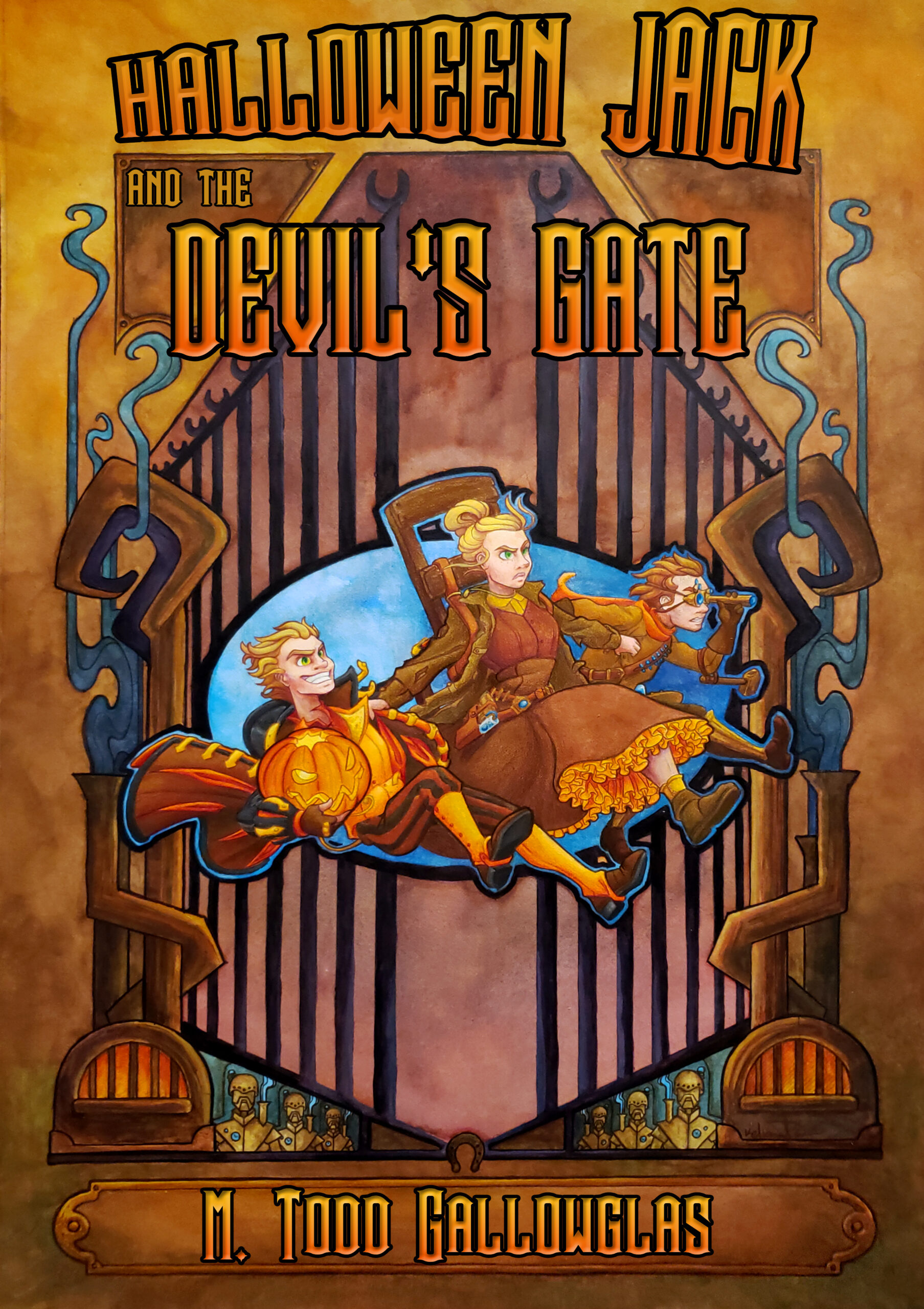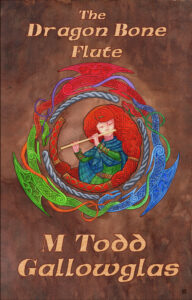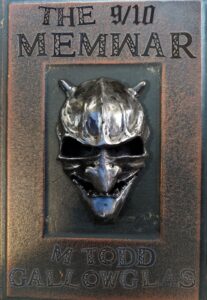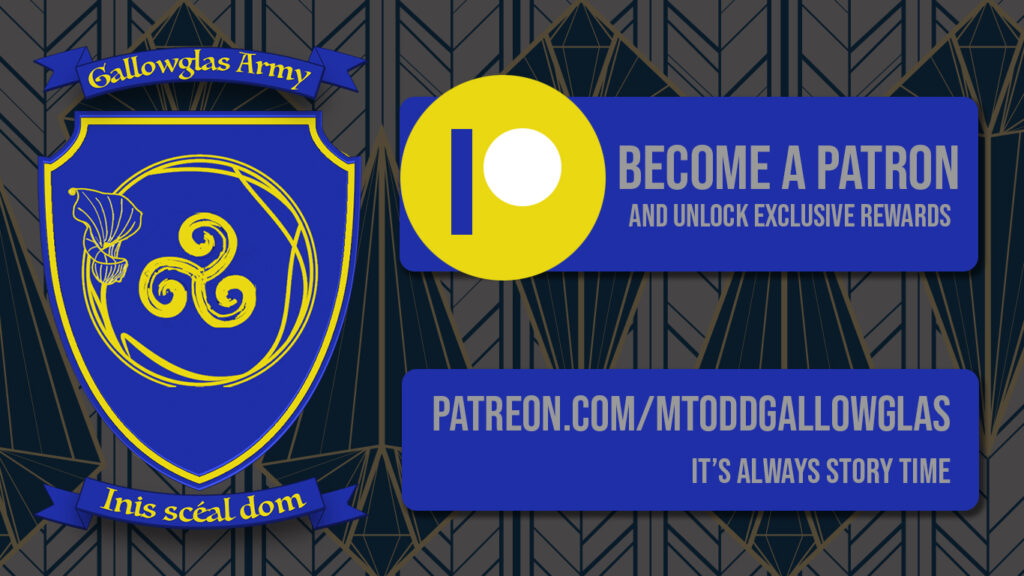WOOL Omnibus edition
I first heard about WOOL from a review of one of my books, where someone used Mr. Howey’s book to disparage mine, by way of talking about how awesome WOOL is. I filed the title away for future reference for when I was looking for something new to read. A few weeks later, WOOL came up in conversation with some friends. One of my friends had read it and gave it rave reviews. So, I thought I’d check it out. I read most of the WOOL Omnibus Edition on my flights to and from last year’s World Science Fiction Convention, and I must say, I’m glad I did. What a perfect traveling companion. I’m not a big fan of dystopian science fiction, mostly because few writers have the skill to handle the transition of our current culture to whatever dark future they have imagined for their story. My most frequent frustration in these stories is that the dystopia becomes the vehicle for the story, the reason for it, and the characters just wander around in the setting so the writer can show off how bleak and grim everything is.
I’m not a big fan of dystopian science fiction, mostly because few writers have the skill to handle the transition of our current culture to whatever dark future they have imagined for their story. My most frequent frustration in these stories is that the dystopia becomes the vehicle for the story, the reason for it, and the characters just wander around in the setting so the writer can show off how bleak and grim everything is.
Not so with this book. In WOOL, Huge Howey shows us a world- building masterpiece. He gives us characters that we care about and sympathize with first and foremost, well before we see how bleak and grim the world of WOOL truly is. We discover the conspiracies and lies along side the characters, which makes their shock, our shock – their horror at the realization of how terrible the world has become is our horror as well.
And within the plots, schemes, conspiracies, and overpowering bleakness that the protagonists discover surrounding them, there is also hope. In most other dystopian science fiction I’ve read, where any hope the protagonists spy in the distance serves only as a device by which the writer can further prove how terrible his or her vision of the future is by ripping that hope to shreds, leaving the characters to recover in the wake of this shredding. WOOL counters this by having the elements of hope come not from plot points strategically placed in the story, but rather from the characters’ own ingenuity and resourcefulness, which is a refreshing change of pace.
The fifth book in the omnibus ties up the current story line very nicely, yet leaves it open for many many more, as Howey indicates in his personal afterward at the end. I am eagerly awaiting the third of the SHIFT stories to be published later this year (2013) so I can dive into those as well. Hopefully after that, we’ll return to the characters from these stories.
With WOOL, Hugh Howey has placed himself among the greats of speculative fiction’s finest writers, and it would not surprise me in the least to see his name on a ballet for a Hugo or Nebula in the next few years.
